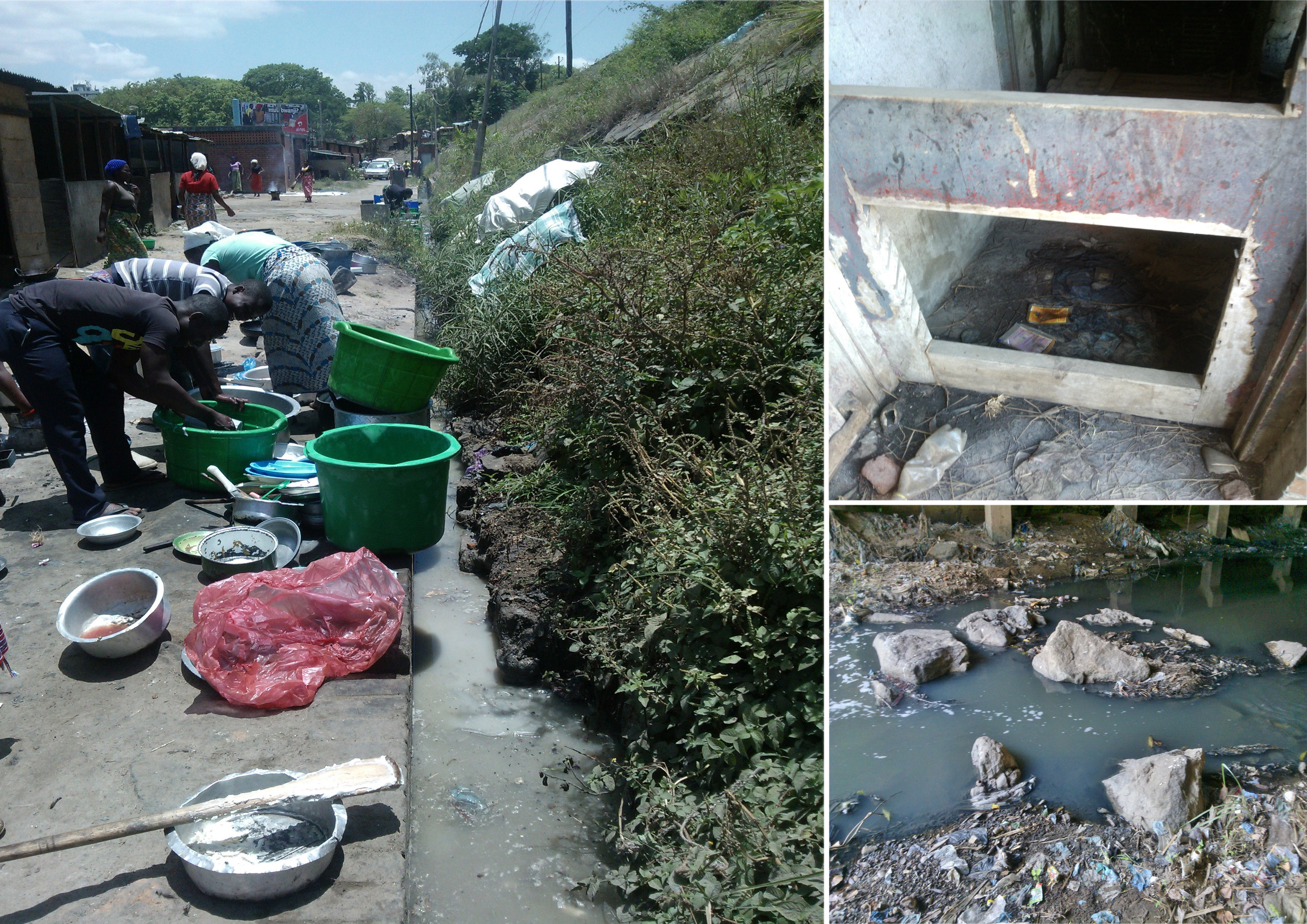Poor hygienic conditions have locked Blantyre market make-shift restaurants [commonly known as Chiimilire], as piles of refuse, stench of urine, filthy water from the drains, and a heavily polluted and stinking Mudi river have become unbearable and a health hazard to Malawians who opt to eat at the place.
Restaurant owners acknowledged the problem but blamed authorities for not doing enough in waste management.
“We are enduring a worst experience here. The whole place is stinking from broken sewer systems and the polluted Mudi river. Refuse is just piling up and yet the city council is doing nothing about it,” complained Ruth Binda, a restaurant owner who plies her trade along Mudi river.
Asked how customers cope with the smell, Binda said: “Our customers do complain but we advise them to concentrate on our delicious food that we prepare for them.”
Besides, the smell and piles of refuse, Innocent Genti, a salesperson at one of the Asian shops in Blantyre and a customer at Chiimilire reminded restaurant owners to always serve them clean food.
“Women at Chiimilire must be hygienic and always use clean utensils whenever they prepare food for us. We opt for cheaper places because our monthly salaries are very low and sometimes it is by God’s grace that we don’t fall sick when we take food here,” said Genti.
Chrissy Banda, Senior Health Education Officer at Blantyre District Health office said the issue of hygiene should be taken seriously as poor hygiene leads to diarrhea diseases, such as Cholera and that no excuse is sufficient where ones health is concerned.
She also said their office through Health Surveillance Assistants (HSAs) frequently advice restaurants to follow proper hygiene but said the mandate to close the place, lies in the hands of the city council.
However, Anthony Kasunda, Public Relations Manager for Blantyre City Council said the council is at the meantime working with some partners to clean up Mudi river and it will effectively tackle the issue of hygiene once vendors have been allocated proper structures.
“The issue of hygiene at Blantyre markets and other formal markets such as Limbe could be addressed once stalls have been erected to be used by traders at a fee. As of now, it is difficult to inspect each premise in the absence of restaurants having permanent structures,” he said.
And the chairperson of the restaurants, Lydia Rajab also wondered as to why Blantyre Water Board disconnects water in the market every month as if they do not pay the city rates.
But Kasunda said the council is overburdened with a huge bill as their monthly fee collections at Blantyre market is around K1.1 million but they have to service a monthly water bill of over K2 million.
“Apart from water, there are also other services that we have to pay for, such as electricity. So it might not necessarily be right that because they pay market fees then there should not be water supply disconnections,” Kasunda said.
“But, as council, we are doing everything possible to find a lasting solution to this problem because we also believe that we cannot achieve proper sanitation in our markets if we have frequent water disconnections.”




